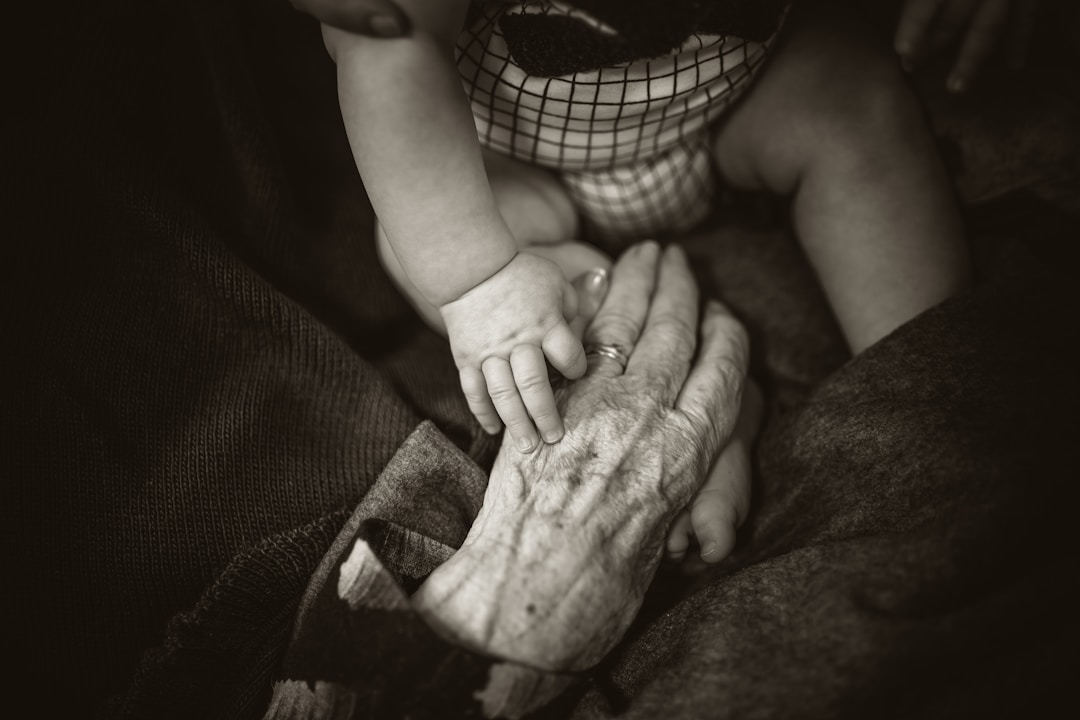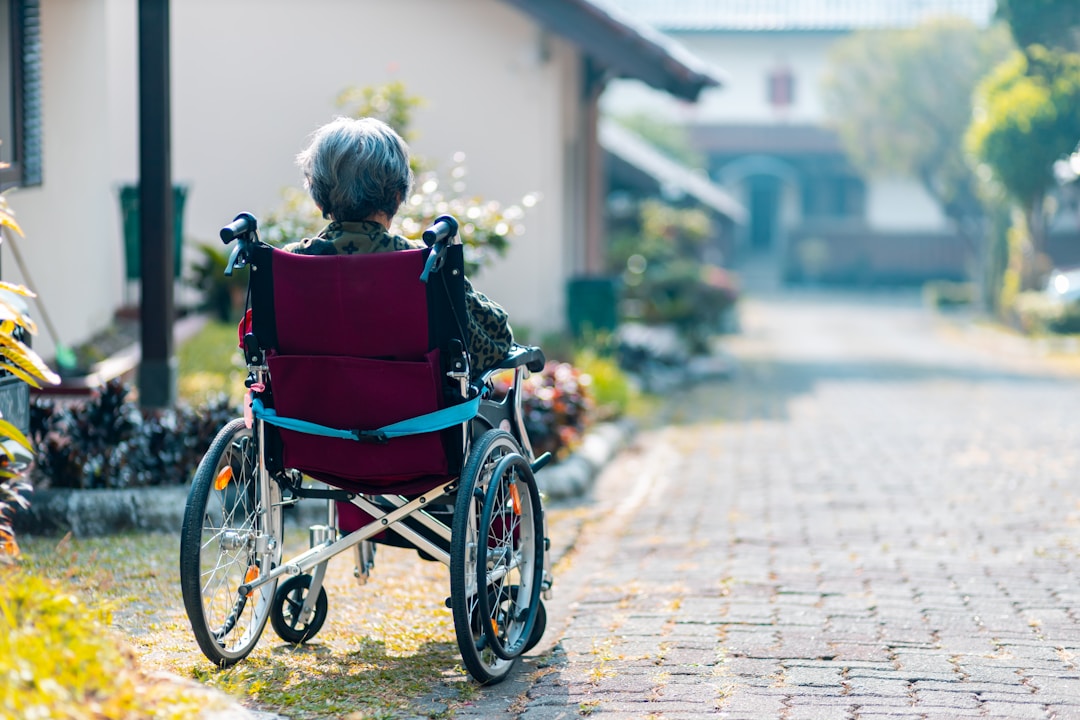As a progressive condition, Alzheimer’s disease worsens over time, meaning the cognitive decline, memory loss, and other symptoms of Alzheimer’s can become more difficult to manage. Of course, this is an incredible challenge for the patient; it’s also a difficult process for their caregivers to endure. Through each of the seven stages of Alzheimers, caregivers can keep a few tips in mind to help support their loved one as the disease progresses.
At stage one, there is no dementia seen—these mentally healthy people show no sign of cognitive or functional symptoms. From here, though, these symptoms become more prevalent.
Subjective Memory Loss

In the second stage of dementia, people generally over the age of 65 begin to exhibit cognitive and functional difficulties. Age-related forgetfulness is particularly common, so much so that it can be difficult to distinguish between forgetfulness in a mild sense and dementia, such as that caused by Alzheimer’s. In these early stages, your role as caregiver is predominantly that of support. You and the patient have the opportunity to make plans for the future, such as medical treatments, resources, and long-term care.
Mild Cognitive Impairment
Mild cognitive impairment, or MCI, is the third stage of Alzheimer’s, in which deficits, although subtle, become more blatant. At this stage, you may find the patient asking the same questions repeatedly or becoming less able to perform executive functions. It’s particularly important to see a doctor at this stage, if they haven’t already, as these can be signs of serious conditions beyond Alzheimer’s disease—getting the correct diagnosis is key. Here, too, caregivers will predominantly support their loved ones, helping to adjust to this “new normal” and find new ways of coping with symptoms as they arise.
Moderate Cognitive Decline

The fourth stage of Alzheimer’s is referred to as moderate cognitive decline or mild dementia. At this stage, an Alzheimer’s diagnosis is particularly clear, as patients become less able to live and function independently and memory loss becomes more evident. As they enter the middle stages of Alzheimer’s, a patient’s care needs will increase in frequency and necessity. As a caregiver, you’ll have a significant responsibility to develop strategies and coping mechanisms that work for both you and your loved one, even as symptoms like behavioral changes, communication difficulties, and challenges with daily care tasks arise.
Moderately Severe Cognitive Decline
With the fifth stage, known as moderately severe cognitive decline or moderate dementia, these symptoms may worsen still, with the patient no longer able to manage day-to-day life on their own. A caregiver’s role here is critical, in both managing daily routines and arranging for additional support and care, such as therapies or treatments that your loved one would want to try. You may have to make sure the patient isn’t left alone and that their daily care needs are met, including proper dressing, grooming, eating, and drinking.
Severe Cognitive Decline

Experts split the sixth stage of Alzheimer’s (severe cognitive decline or moderately severe dementia) into as many as five substages, as the patient’s ability to keep up with the basic tasks of everyday life decreases. Those in these stages may have difficulty dressing or bathing and may deal with incontinence and severe cognitive deficits, such as misidentifying close friends and family members. At this stage, it’s especially critical that you, as the caregiver, take care of yourself as well, especially as the emotional strain increases.
Very Severe Cognitive Decline
Very severe cognitive decline or severe dementia is the seventh and final stage of Alzheimer’s disease, in which the patient requires continuous assistance. Their speech may become limited, they may need assistance to walk, and they may not be able to sit up on their own. Unfortunately, this is the stage at which most patients succumb to fatal pneumonia or other terminal conditions. For caregivers, it’s important to seek out intensive care programs and help preserve your loved one’s quality of life.






